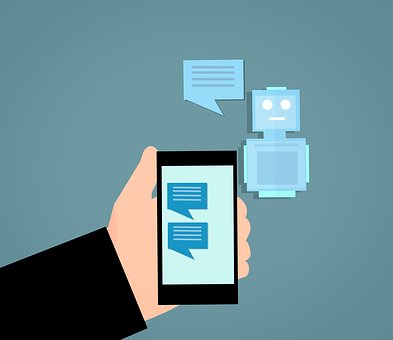Artificial intelligence (AI) is going to redefine how customers can achieve success, and your CMO or CRO is likely focused, or should be focused, on customer success as a key to thriving in this digital era.
Findings from Gartner surveys indicate that enterprises are leveraging artificial intelligence (AI) technologies to greatly improve customer engagement. Eighty-four percent of respondent companies indicated they were investing in customer experience technologies in 2018 and a quarter plan to have virtual chatbot technologies deployed by 2020. Thirty percent expect to be using AI technologies to augment at least one of their primary sales processes within the next two years.
The benefits of using AI in sales and customer success programs are well supported by data and include better customer outcomes and improved customer satisfaction, as well as significant cost-savings. Providing highly effective and customized customer experiences provides an important competitive advantage, particularly as younger generations move more and more of their commercial activities online and through social media. AI provides foundational capabilities to make this a reality.
Eight years ago Gartner predicted that by 2020 85% of customer interactions would include some form of chatbot or virtual assistant technology. We’re not likely to hit that level of adoption, primarily because AI projects are challenging and finding capably skilled technologists to define and execute projects properly is difficult. Nonetheless, AI-driven customer experiences are achieving such dramatic results -- e.g., a 99% reduction in customer service times or a 10-point improvement in customer satisfaction -- that enterprises are highly motivated to move these projects forward despite potential obstacles. Most enterprises right now are trying to mitigate risks as they work rapidly to investigate and show tangible results from initial AI projects.
What Is Conversational AI?
AI as a field has been around for many decades. Machine learning (ML) is the subset of AI that has woken up in this decade to enable data-rich customer experiences. ML scientists build a mathematical model for predicting outcomes, then feed data to that model so that it improves overall predictive accuracy. This activity is known informally as “training the model.” ML has gotten very good in the last few years as the supporting science and computing power has increased.
Natural language processing (NLP) is the field of AI that allows computers to interact with human dialogue, whether spoken or written. NLP allows people to talk or write to devices and for devices to understand what that person has said or written. Like ML, NLP has gotten very good at answering straightforward questions within a constrained scope. (NLP still struggles in more open-ended domains where accuracy matters, such as in healthcare.) The subset of NLP that deals with the spoken voice is called speech recognition, which is approaching 95% accuracy.
In customer scenarios, NLP, speech recognition, and ML combine to provide services for automated call centers and digital assistants. The speech recognition module processes and contextualizes the spoken word and the ML module figures out how to handle and respond to the verbal input. These modules constantly learn and improve using new data fed into them.
Cloud computing and the availability of API libraries have provided enterprises an efficient way to build or integrate AI into their sales processes. In addition, the cloud enables multiple technology platforms and service providers to support a variety of economic models (build, buy, subscribe).
The cloud, NLP, speech recognition, and ML are the key technologies behind Gartner’s prediction that by 2020 AI will change the game for customer engagement.
Click below to continue to Page 2: Quantifiable Success Is Driving Adoption, and more








